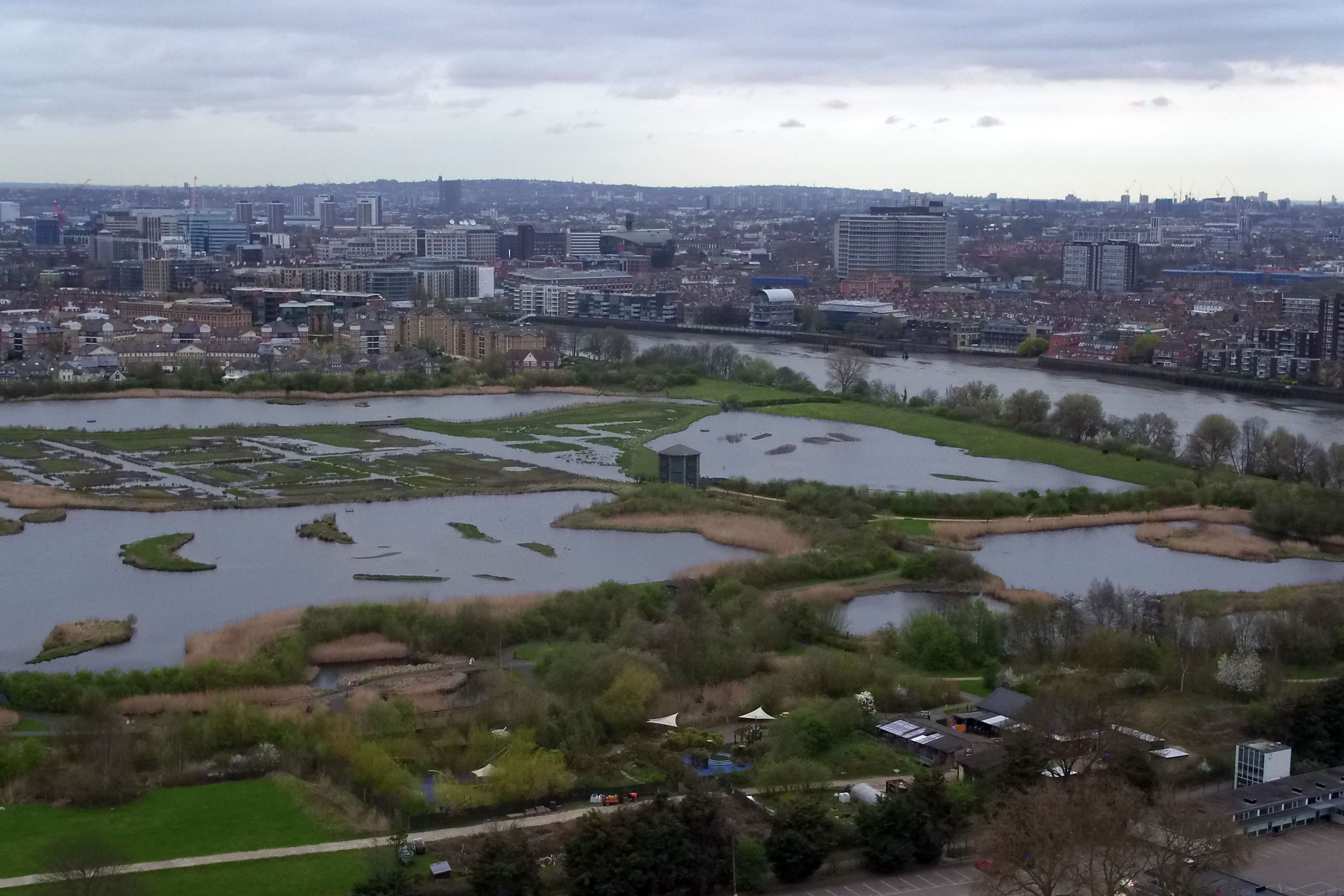UK must deliver on housing and nature targets together – Natural England
Tony Juniper said a landscape approach could see nature restored in the wider catchment area to compensate for the immediate impact of buildings.

The UK must deliver on both its nature and housing targets at the same time through “strategic” solutions, the chairman of Natural England said.
Tony Juniper, who heads the non-governmental body, said a “landscape” approach could see nature restoration in the wider catchment area compensate for the impact buildings cause to their immediate surroundings.
It comes amid concerns that planning rules designed to ensure developments do not harm nature – such as “nutrient neutrality” – could hamper Government aims to build 1.5 million new homes over the next five years as part of its wider plans for growth.
Because of these rules, Natural England has had to make decisions not to grant planning permission until nature issues are resolved, with the latest estimates suggesting about 50,000 houses are currently held up as a result of nutrient mitigation.
We must move beyond just seeing the health of our economy and our country in terms of pure GDP, we have to incorporate the health of our natural capital and its ability to sustain our economy into our understanding of the condition of our nation
For its first State of Natural Capital report launched on Tuesday, Natural England sought to address the importance of nature for economic prosperity.
The study assessed the state of natural assets, such as wetlands and forests, and outlined the social and economic risks posed by their depletion.
Speaking at the launch event at the Wellcome Building in London, Mr Juniper said housing projects could be moved along faster through an area-wide approach.
This would create enough resilience in the wider ecosystems to give headroom for the impact of individual buildings.
He cited the example of a scheme involving great crested newts, which if found nearby can delay housing developments.
Under the scheme, other ponds could be created in the catchment area in strategic places that provide maximum benefit to the species to compensate for the loss of the one pond near the housing development, Mr Juniper said.
“The message of today’s report is that we must do environment and development,” he said, adding that the hope for the study is “to invite a conversation about how we do both together, rather than one or the other”.
Asked whether it is possible to reach the Government’s housing target as well as nature targets before the end of the decade, he said: “We are in a process of big national change”.
“We’ve got the target on net zero electricity. We’ve got the housing target. We’ve got the agricultural policy and the nature targets.
“If we can bring all these things together to find ways in which they can be added up for positive reinforcement then I think the potential is huge and we could reach those 2030 targets.
“But it’s going to take a step up in terms of our determination to make linkages between these different sectors.”
The report itself warns that nature is in “critical decline”, with 90% of the UK’s wetlands lost in the modern era and more than 97% of lowland semi-natural grassland in the last century.
Mr Juniper said: “For years now we have taken more from nature than it can supply sustainably.
“We are in effect running down our assets as we strip away nature’s ability to provide clean water and carbon storage by degrading soils, which increases water pollution and sends harmful emissions into the atmosphere, affecting human health and adding to consumer bills – be it your weekly shop or household bills.
“We must move beyond just seeing the health of our economy and our country in terms of pure GDP, we have to incorporate the health of our natural capital and its ability to sustain our economy into our understanding of the condition of our nation.”
The report outlined how nature affects the balance sheet and how changes are already being felt in the economy because of its depletion.
Concerns revolve around the reduction in access to nature, a decline in insect life threatening food supply, soil degradation causing carbon emissions to rise and more frequent extreme weather events leading to significant economic damage.
Published alongside the report will be a new risk register, in which Natural England sets out policy recommendations and actions to address these risks.
Bookmark popover
Removed from bookmarks